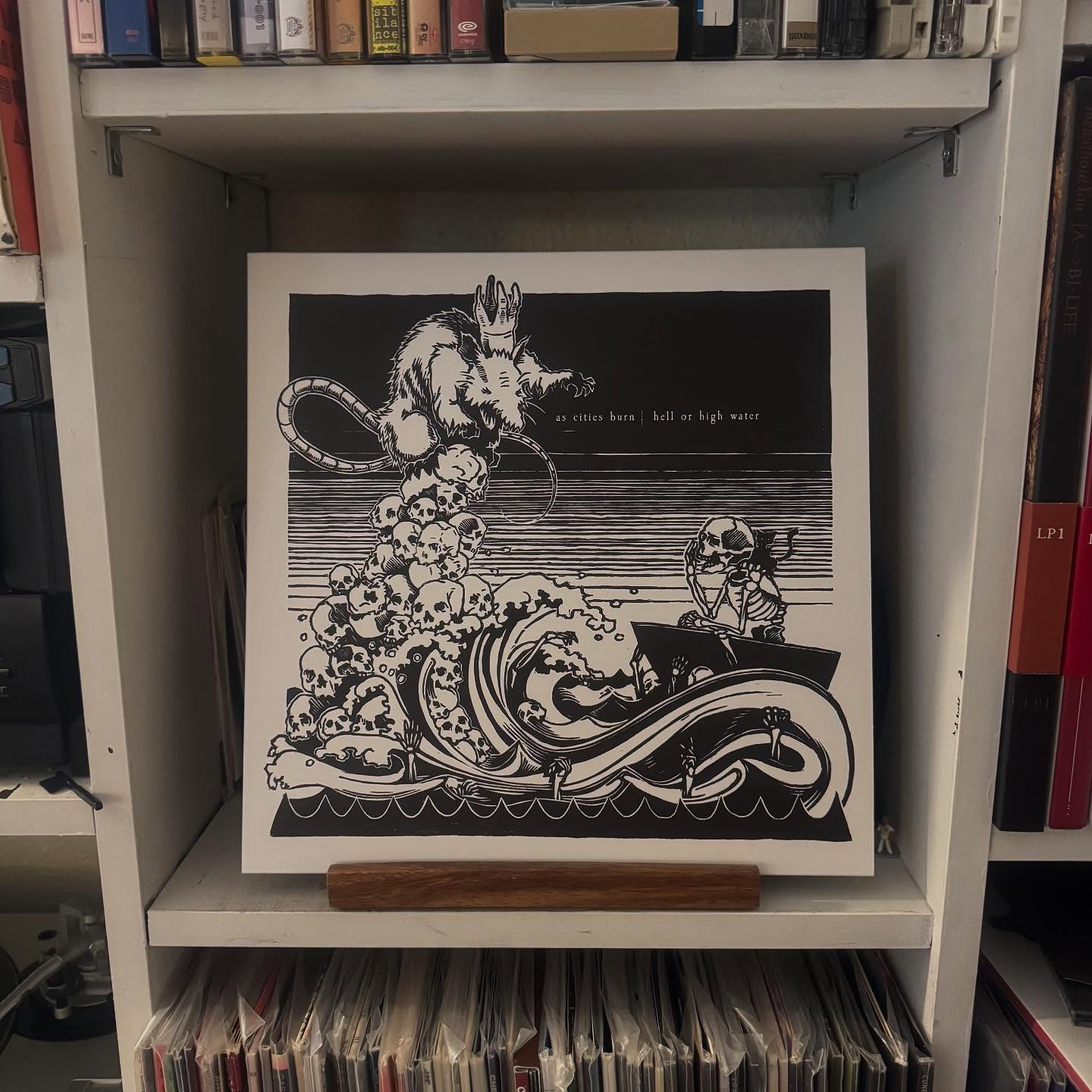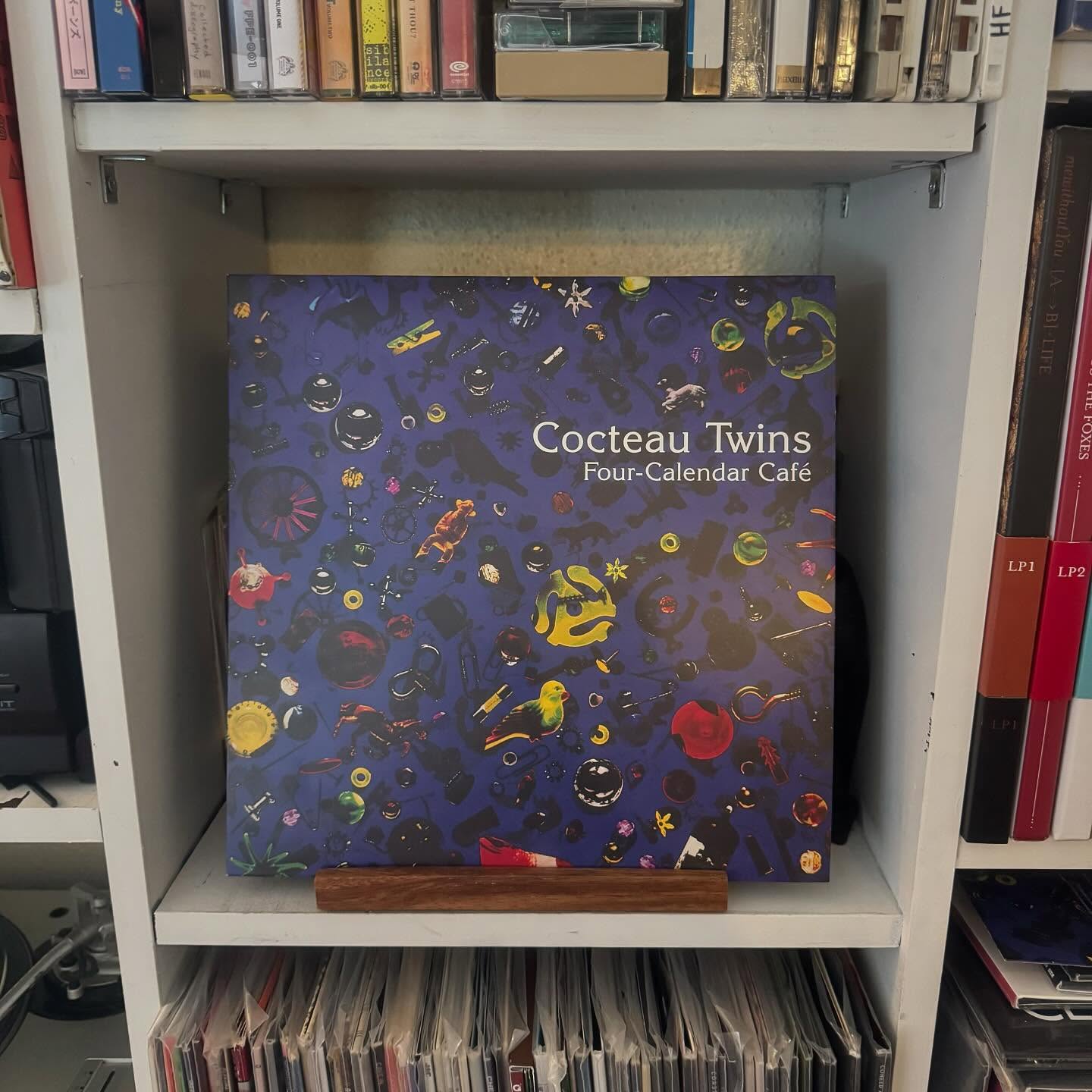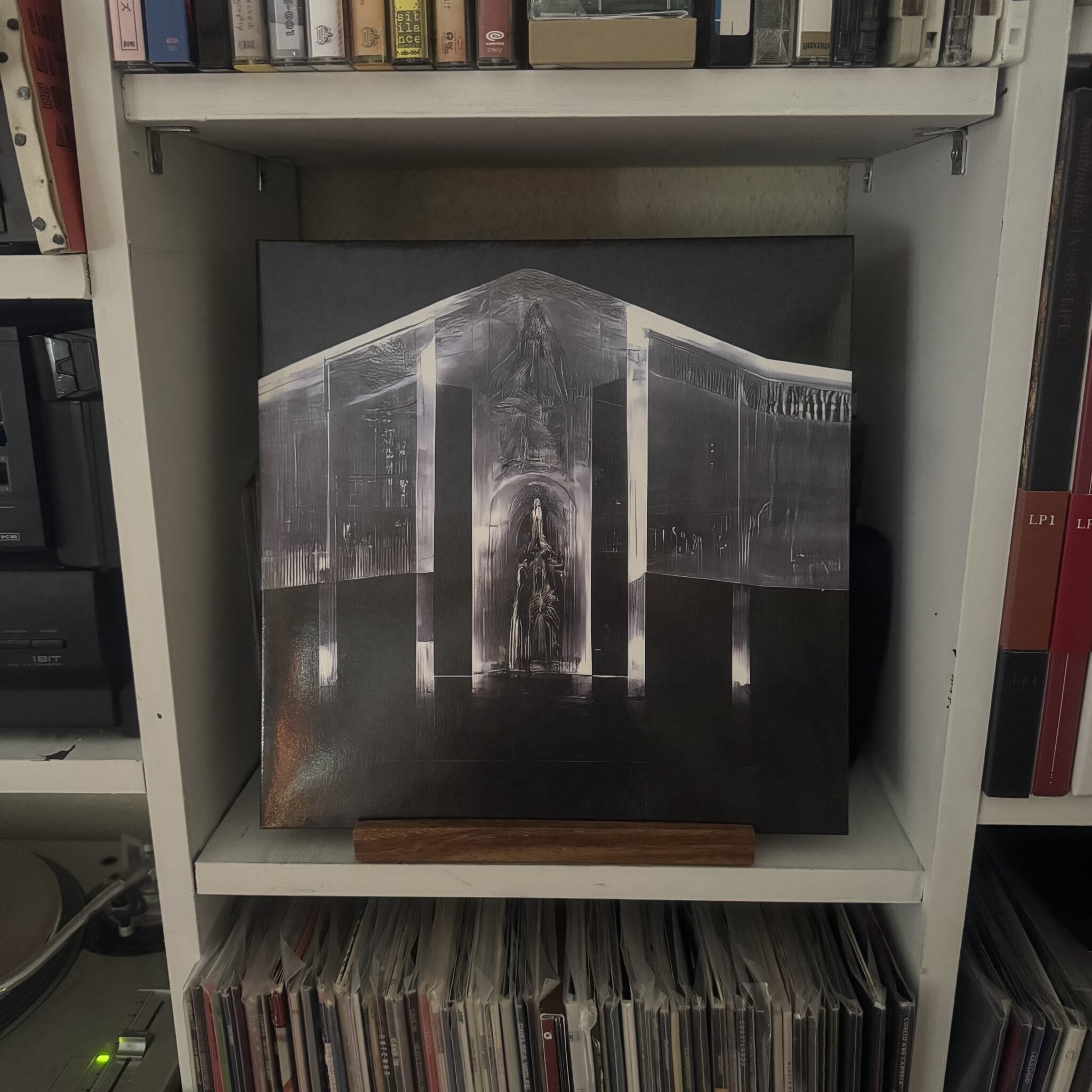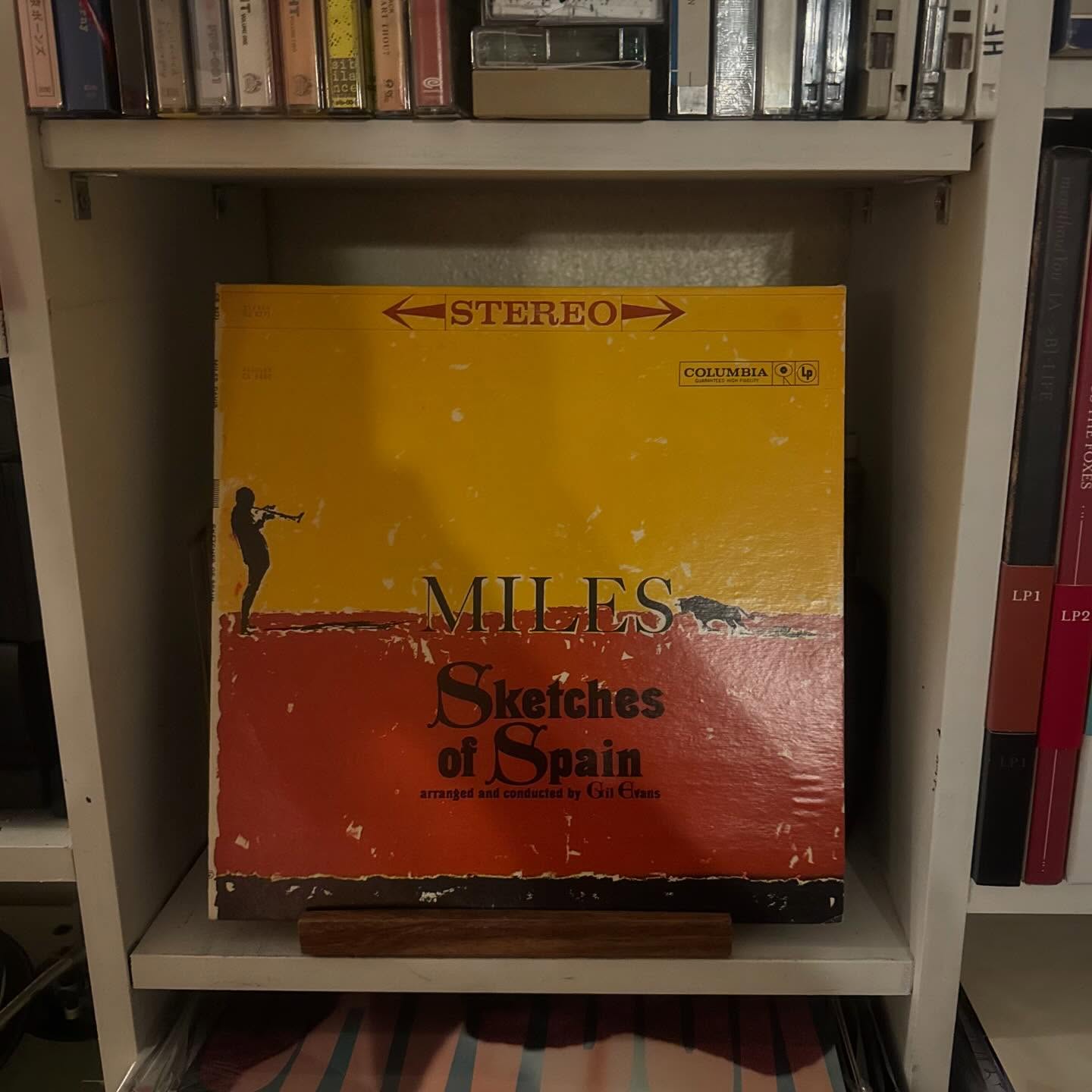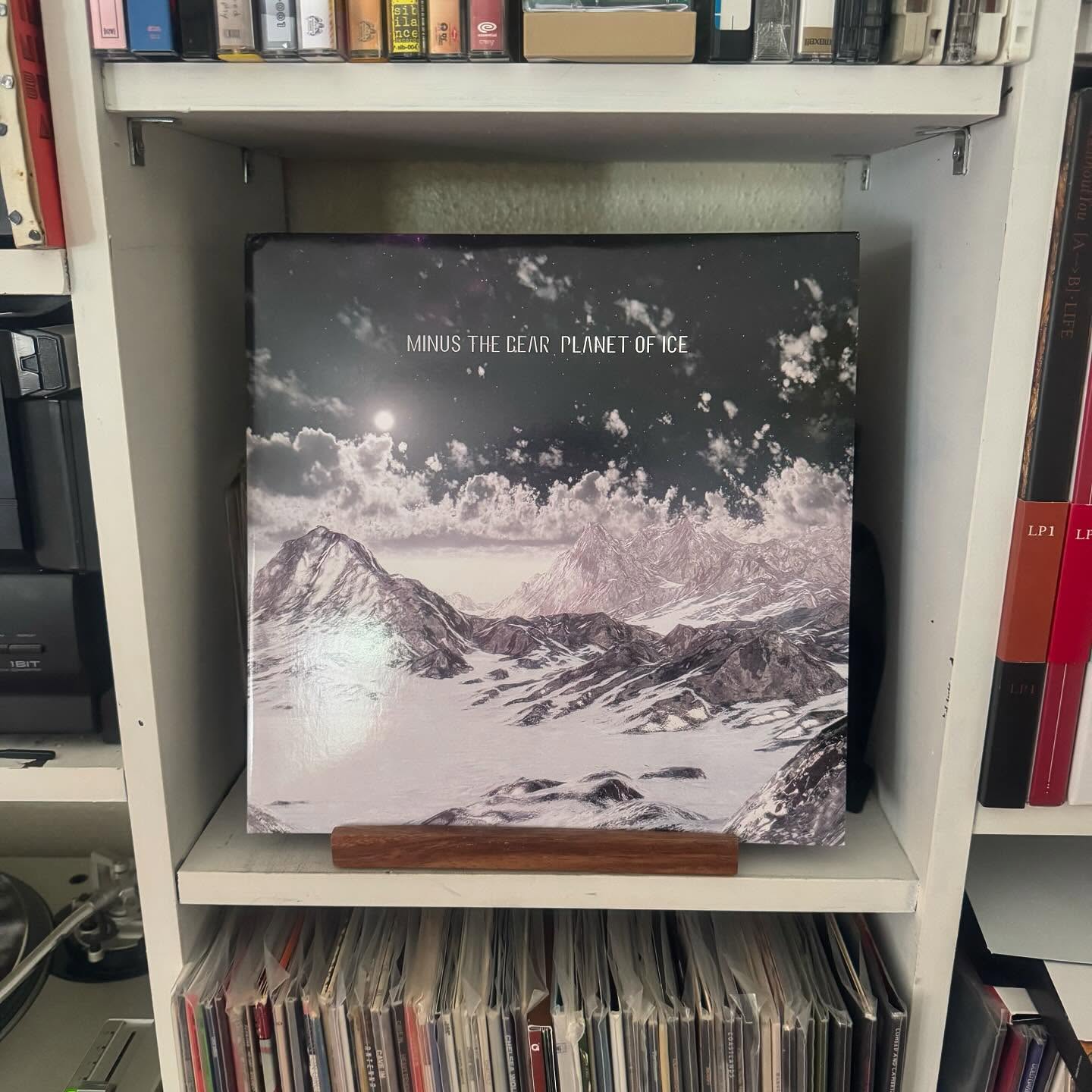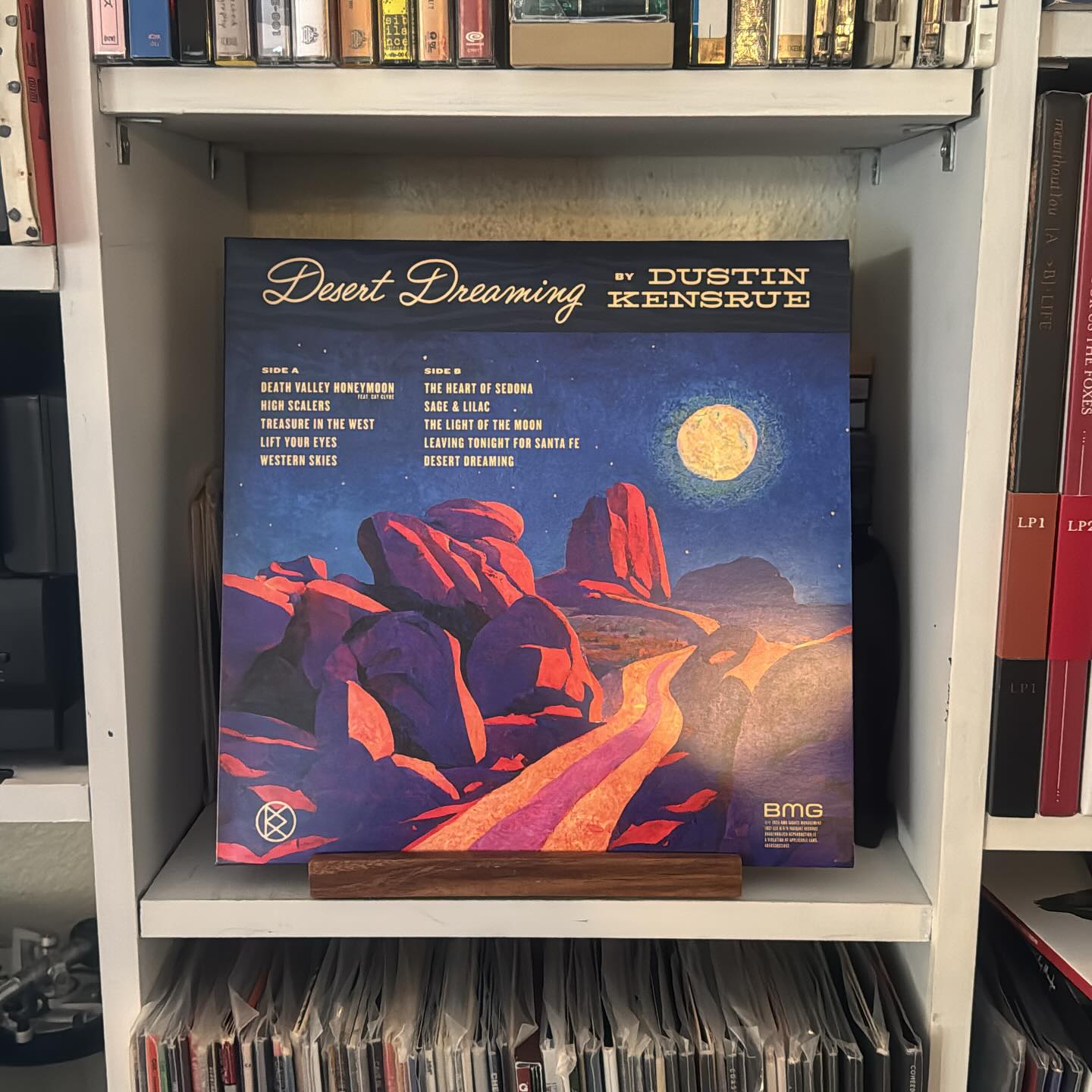At the risk of overdisclosure, let me share some of my anxieties as they specifically relate to this blog. When I first started the project, I intended to have a daily post on every record in my collection, in alphabetical order. When I buy something earlier in the alphabet than I’ve already reviewed though, I have to review that first before moving on.
Problem is: I buy a lot of records, and I have a busy life. I have a stack of records in my To-Review queue that has fluctuated between ten to thirty records that I need to get to before I can continue through the alphabet (I’ve been stuck on the edge of Neil Young for like six years. Add a global pandemic to sap my energy and massively increase pressing volumes, and it can feel like an impossible weight to get out from under.
But as I’ve realized, that pressure is entirely self made. And where I was once utilizing this blog as a sort of soft portfolio as I worked as a full-time content writer, I’m not writing professionally anymore. The only person relying on me to do this is me, and I’ve made my bar way too high.
So while I may have said this a dozen times in the last few years, I’m lowering my standards for myself. Posting anything will be better than meaning to post insightful and well-written reviews and posting nothing. After all, the music is more important than my driveling on about it.
Let’s go.
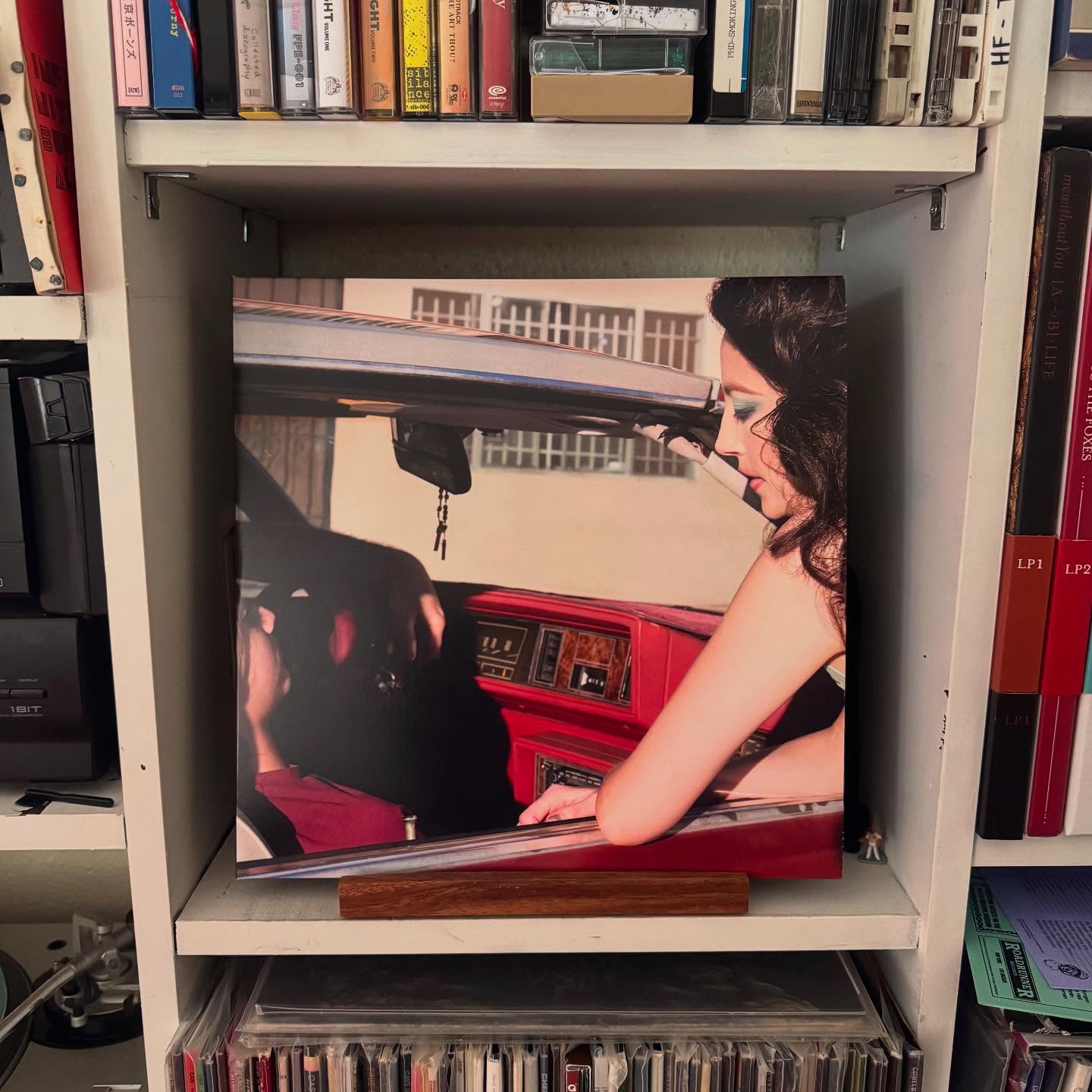
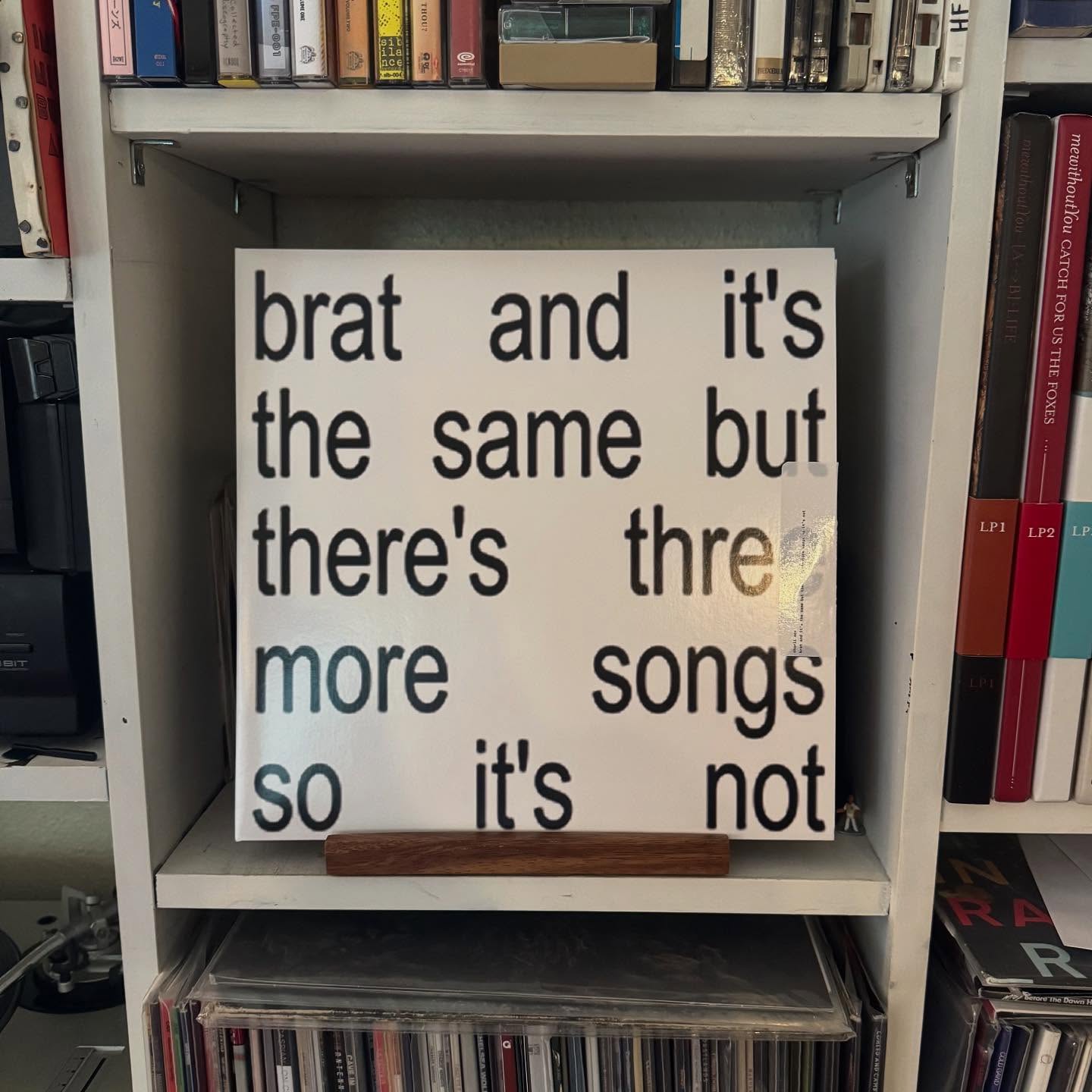 It was supposed to be Brat summer 🙁
It was supposed to be Brat summer 🙁